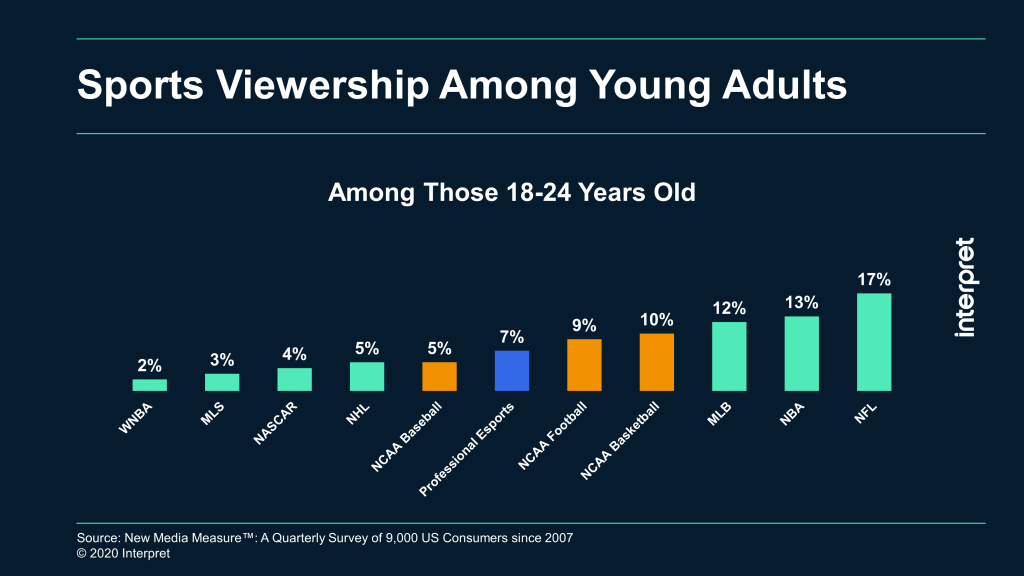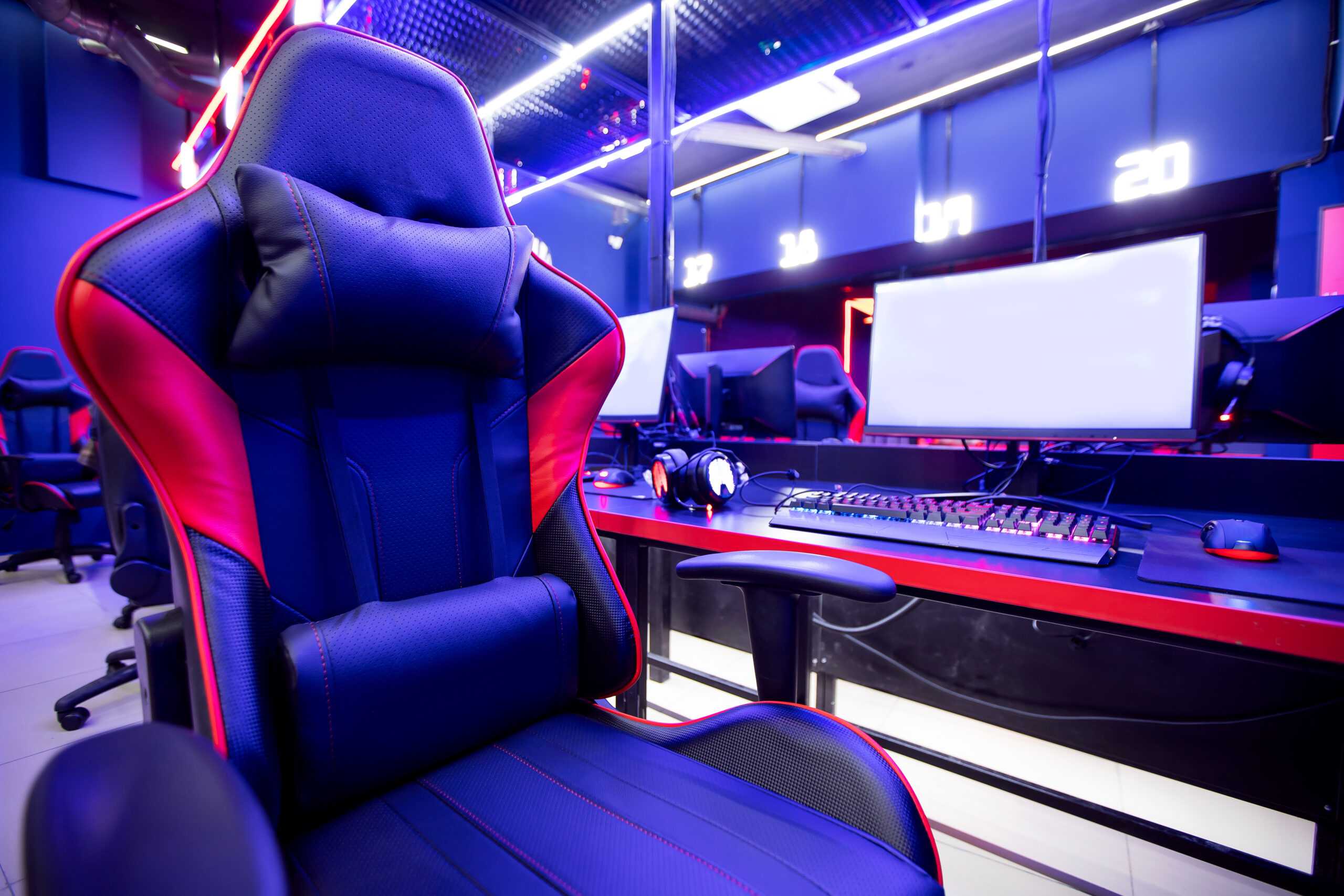Collegiate esports programs have been expanding across North America since 2014. In 2020, as the pandemic temporarily shut down traditional sports, many shifted their attention to esports, and that’s had a direct impact on numerous colleges across America. In the last few weeks alone, we’ve seen the University of Washington launch a dedicated esports program, Fairfield University open an esports lab, and the HBCU Esports Alliance (HEA) and CSL College partner to bring esports competition and academic opportunities to historically black colleges and universities this fall.
Additionally, there’s a growing opportunity for companies to help establish and service the collegiate esports community. Marketing group Playfly Sports acquired Collegiate StarLeague and WorldGaming Network last month so that it can offer esports advisory services and administrative support to schools. Playfly has explicitly said that it wants to help colleges find new revenue sources through esports since many schools have taken a huge hit during the ongoing pandemic.
Tournament organizers and technology providers can now look at colleges and universities as fertile ground to plant new seeds for their businesses. The State University of New York (SUNY), for example, recently teamed up with sports tournament engine platform LeagueSpot and broadband infrastructure company Extreme Networks to facilitate its 2020-2021 Esports League at SUNY colleges across NY. Similarly, the Unified Collegiate Esports Association (UCEA) has partnered with tournament organizer FACEIT to oversee its leagues for the 2020-2021 academic year.
Traditional sports have a vital grassroots component to fuel underlying interest. Leveraging grassroots enthusiasm for esports will not only benefit the industry, but it could become big business in the future just as it has for the NCAA with basketball and football. For students, engaging in esports activities can help foster social connections while also opening their eyes to possible career opportunities in the burgeoning field, whether in broadcasting, marketing, design, engineering, or playing professionally if their skills are strong enough.
Collegiate esports is a win-win for both schools and students, and interest is on the rise among young adults, with esports viewership approaching NCAA football levels, according to Interpret’s New Media Measure®.






